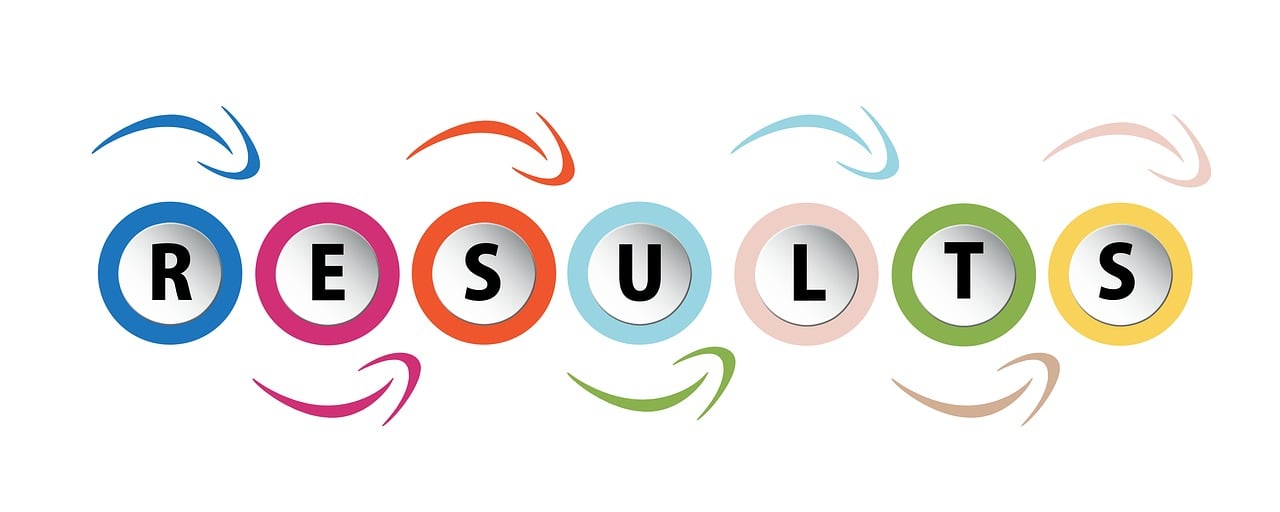Financial Management: Practical Money-Saving Strategies for the Everyday Person
In today’s fast-paced world, managing finances effectively is a crucial skill that can significantly improve one’s quality of life. Financial management is not solely about investing or saving for retirement; it’s about making informed decisions that lead to financial stability and security. This blog post delves into practical money-saving strategies that anyone can implement, regardless of their financial status, to achieve their financial goals.
Understanding Your Financial Landscape
Before diving into specific strategies, it’s essential to have a clear understanding of your current financial situation. This involves evaluating your income, expenses, debts, and savings. A comprehensive understanding of these elements can provide insights into areas where you can potentially save money.
Track Your Spending: One of the most effective ways to manage your finances is to track your spending. There are numerous apps and tools available that can help you monitor your expenses. By understanding where your money goes, you can identify patterns and areas where you might be overspending.
Create a Budget: After tracking your spending, the next step is to create a realistic budget. This budget should account for all your monthly expenses and help you allocate funds appropriately. By sticking to a budget, you can ensure that you are living within your means and saving for future needs.
Cutting Unnecessary Expenses
Once you have a clear picture of your financial situation, the next step is to identify and cut unnecessary expenses. This is a critical part of financial management that can free up funds for savings or investments.

Review Subscriptions and Memberships: Many individuals find themselves subscribed to multiple services they rarely use. Take the time to review all your subscriptions and memberships, such as streaming services, gym memberships, or magazines. Cancel the ones you no longer need or use.
Eat Out Less: Eating out frequently can be a considerable drain on your finances. Instead, try cooking more meals at home. Not only is it more cost-effective, but it can also be a healthier option. Consider meal planning to avoid unnecessary grocery expenses.
Consumer financial tools offer guidance on budgeting and cutting unnecessary expenses, providing a wealth of information for those looking to save more effectively.
Maximizing Savings Opportunities
Saving money doesn’t always mean cutting back. Sometimes, it involves making smart decisions that maximize your saving potential.
Utilize Discounts and Coupons: Before making any purchase, check for available discounts or coupons. There are numerous websites and apps dedicated to finding and applying discounts to a wide range of products and services.
Automate Savings: Consider setting up an automatic transfer from your checking account to your savings account each month. This ensures that you are consistently saving without having to think about it. Many banks offer features to automate savings, making this process seamless.
Savings strategies can be incredibly helpful, offering varied approaches that cater to different financial situations and goals.
Managing Debt Effectively
Debt can be a significant obstacle to financial freedom. Managing and reducing it is a crucial part of any financial management strategy.

Prioritize High-Interest Debt: Focus on paying off debts with the highest interest rates first. This approach can save you a significant amount in interest payments over time. Consider the debt snowball method, which involves paying off the smallest debts first, to build momentum.
Consolidate Debts: If you have multiple debts, consolidating them into a single loan with a lower interest rate can simplify payments and reduce the total interest paid. Many financial institutions offer consolidation services that can be tailored to individual needs.
Investing in Your Future
While saving money is crucial, investing is equally important for building long-term wealth. Even if you’re new to investing, starting with small amounts can yield significant benefits over time.
Start with a Retirement Account: If your employer offers a 401(k) plan, take full advantage of it, especially if they offer a match. Additionally, consider opening an IRA to further enhance your retirement savings.
Educate Yourself on Investments: Understanding different types of investments, such as stocks, bonds, and mutual funds, can help you make informed decisions. There are many free resources and courses available online for those new to investing.
For more insights, investment basics provide a comprehensive overview of the different options available to new investors.
Building an Emergency Fund
An emergency fund is a financial safety net that can provide peace of mind and stability. It is crucial to plan for unexpected expenses, such as medical emergencies or car repairs.
Set Clear Goals: Determine how much you need in your emergency fund based on your monthly expenses. A common recommendation is to have three to six months’ worth of living expenses saved.

Start Small: If saving a large sum seems daunting, start small. Even saving a small amount regularly can build up over time. Consider using a separate account specifically for your emergency fund to avoid the temptation to dip into it.
Takeaways
Effective financial management is an ongoing process that requires diligence and commitment. By understanding your financial situation, cutting unnecessary expenses, maximizing savings opportunities, managing debt, investing wisely, and building an emergency fund, you can set yourself on the path to financial stability and success. Remember, the key is to start small and be consistent in your efforts. Over time, these strategies can lead to significant financial improvements and peace of mind.
Leveraging Technology for Better Financial Management
In today’s digital age, technology can be a powerful ally in managing finances more efficiently. Numerous apps and tools are designed to help individuals keep track of their budgets, manage investments, and plan for future expenses.
Budgeting Apps: Applications like Mint, YNAB (You Need A Budget), and PocketGuard offer features that allow you to track spending, set financial goals, and receive alerts about upcoming bills or budget overruns. These tools can provide a comprehensive view of your financial health.
Investment Platforms: Platforms such as Robinhood, Acorns, and E*TRADE make it easier than ever to start investing. They offer user-friendly interfaces and educational resources, making them ideal for beginners looking to enter the investment world.
Automated Financial Advising: Robo-advisors like Betterment and Wealthfront offer automated, algorithm-driven financial planning services. They use sophisticated algorithms to manage your investments and optimize your portfolio based on your goals and risk tolerance.

For more insights into leveraging technology, consider exploring the range of top budgeting apps that can help streamline your financial management tasks.
Understanding the Importance of Financial Literacy
Financial literacy is a crucial aspect of financial management. Understanding basic financial concepts can empower you to make informed decisions about your money, leading to improved financial health.
Educate Yourself: Take the time to educate yourself about personal finance topics such as credit scores, interest rates, and the impact of inflation. There are countless books, online resources, and courses available that can enhance your financial knowledge.
Join Financial Workshops: Many community centers and financial institutions offer free workshops that cover various financial topics. These workshops can provide valuable insights and practical tips for managing your finances.
For a deeper understanding of financial literacy, the financial literacy guide offers extensive resources and articles covering a broad range of essential topics.
Creating Long-Term Financial Goals
Achieving financial stability often requires setting and adhering to long-term financial goals. These goals provide direction and purpose, helping you stay focused on what is truly important.
Define Your Goals: Whether it’s buying a home, funding your child’s education, or retiring comfortably, having clear financial goals is crucial. Write down these goals and break them into manageable steps.
Regularly Review and Adjust: Life circumstances change, and so should your financial goals. Regularly review your goals and adjust them as necessary to ensure they remain aligned with your current situation and future aspirations.

Stay Motivated: Keeping motivated over the long term can be challenging. Regularly remind yourself of the reasons behind your goals. Celebrate small achievements along the way to maintain your enthusiasm.
Building a Support Network
Lastly, building a strong support network can significantly impact your financial management journey. This network can provide guidance, encouragement, and accountability.
Financial Advisors: Consider consulting with a financial advisor who can offer personalized advice based on your unique financial situation. A professional can help you make informed decisions and strategize effectively.
Join Financial Communities: Online forums and local community groups focused on financial education can be excellent sources of support. Engaging with others who share similar goals can provide inspiration and practical tips.
By leveraging a supportive network, you can gain valuable insights and encouragement, enhancing your financial management efforts. The benefits of financial advisors can offer a detailed look into how professional guidance might benefit your financial journey.
Final Thoughts
Financial management is an essential skill that can drastically improve your life. By implementing the practical money-saving strategies discussed in this article, you can take control of your finances, reduce stress, and work towards a more secure and prosperous future. Remember that the journey to financial stability is a marathon, not a sprint. With patience, persistence, and the right strategies, you can achieve your financial goals and enjoy the peace of mind that comes with financial security.
Start today, take small steps, and celebrate your progress along the way. Every financial decision you make is a step towards a brighter financial future.


